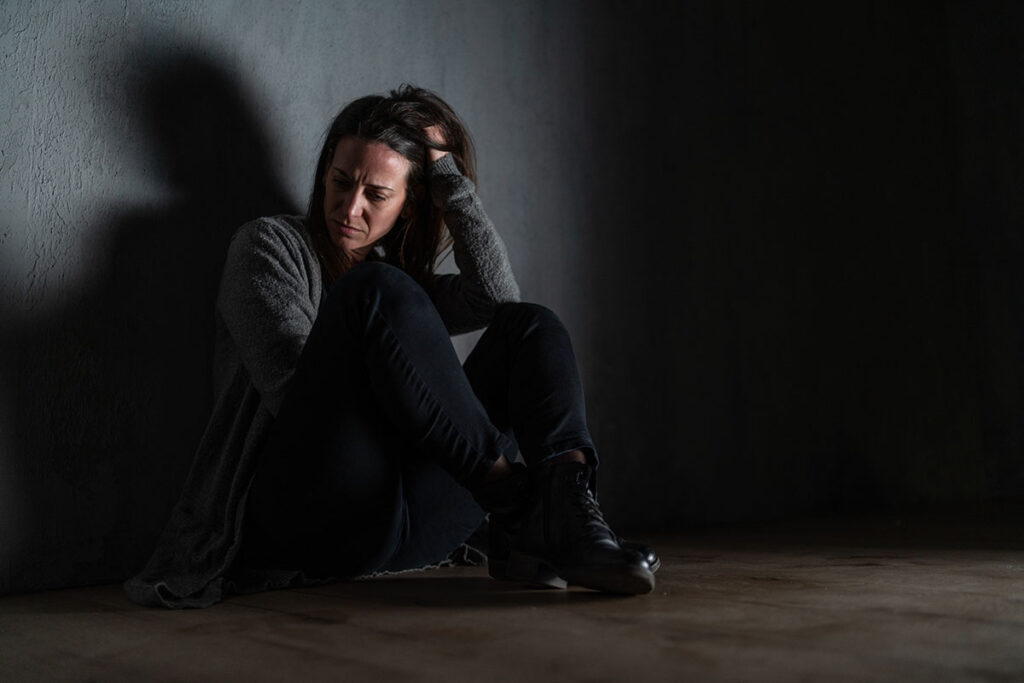Depression affects millions of people each year, and if you’re struggling with depression, you might be wondering whether counselling can really help. The answer is yes – counselling is one of the most effective treatments for depression, with research showing that 80-90% of people respond positively to therapy.
How Counselling Helps with Depression
Understanding Your Depression
Counselling helps you understand your depression in ways that might not be possible on your own. A counsellor will work with you to:
- Identify what triggers your depression
- Understand patterns in your thoughts and feelings
- Explore underlying causes
- Recognise early warning signs
Creating Positive Change
Through regular sessions with a counsellor, you can:
- Develop new ways of thinking about situations
- Learn practical coping strategies
- Build resilience against future episodes
- Improve your relationship with yourself and others
Types of Counselling for Depression
Cognitive Behavioural Therapy (CBT)
CBT is particularly effective for depression, helping you understand and change thought patterns that contribute to depressive feelings. It focuses on practical strategies and current challenges.
Person-Centred Counselling
This approach provides a safe, accepting space to explore your feelings without judgment, helping you develop self-understanding and natural coping mechanisms.
Interpersonal Therapy
Focuses on your relationships and how they might affect your mood, helping you improve communication and address relationship issues that might contribute to depression.
What to Expect from Depression Counselling
First Sessions Initial counselling sessions typically involve:
- Discussing your experience of depression
- Exploring how depression affects your daily life
- Setting goals for what you’d like to achieve
- Beginning to understand your depression patterns
Ongoing Work
As counselling progresses, you’ll:
- Develop deeper understanding of your depression
- Learn and practice coping techniques
- Build confidence in managing depressive episodes
- Create strategies for maintaining good mental health
Signs Counselling is Helping
You might notice:
- Improved mood more often
- Better ability to cope with difficult situations
- More energy for daily activities
- Clearer thinking
- Improved relationships
- Greater self-awareness
When to Consider Counselling
Consider seeking counselling if:
- You’ve felt low for more than two weeks
- Depression is affecting your daily life
- You’re struggling to cope on your own
- Previous self-help attempts haven’t worked
- You want to understand your depression better
Getting the Most from Counselling
To maximise the benefits:
- Be honest with your counsellor
- Attend sessions regularly
- Practice techniques between sessions
- Keep track of your mood changes
- Give yourself time to see improvements
Common Concerns About Counselling
“Will I have to talk about everything right away?” No – you can take things at your own pace and share when you feel ready.
“How long will it take to feel better?” Everyone’s journey is different, but many people start noticing improvements within a few sessions.
“What if counselling doesn’t work for me?” Different approaches work for different people. Your counsellor can adjust their approach or help you find alternatives if needed.
Additional Support
While counselling can be very effective, sometimes a combined approach works best. This might include:
- Medication prescribed by your GP
- Lifestyle changes
- Support groups
- Self-help techniques
Taking the First Step
If you’re considering counselling for depression:
- Speak to your GP about referral options
- Research local counsellors specialising in depression
- Consider whether you’d prefer face-to-face or online sessions
- Book an initial consultation to see if you feel comfortable with the counsellor
Remember, seeking help for depression isn’t a sign of weakness – it’s a sign of strength and self-awareness. While depression can feel overwhelming, counselling offers a supportive, proven way to understand and manage your symptoms, leading to lasting positive change.
The most important thing to remember is that depression is treatable, and counselling can provide the support and tools you need to overcome it. Whether you’re experiencing mild or severe depression, it’s never too early or too late to seek help.
If you’re ready to take the first step in managing your depression through counselling, Mindspace offers both online and in-person counselling services. Our experienced counsellors specialise in depression and can provide the support you need to overcome challenging times.
Whether you prefer face-to-face sessions at our Basingstoke centre or the convenience of online counselling from home, we’re here to help you on your journey to better mental health.
Contact us today to book an initial consultation and take the first step towards feeling better.

